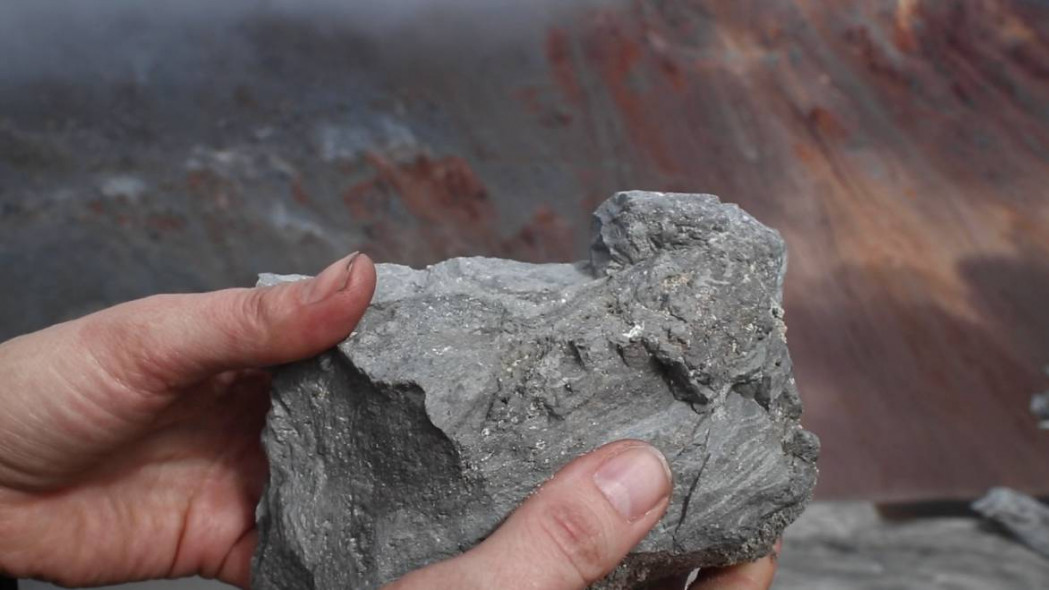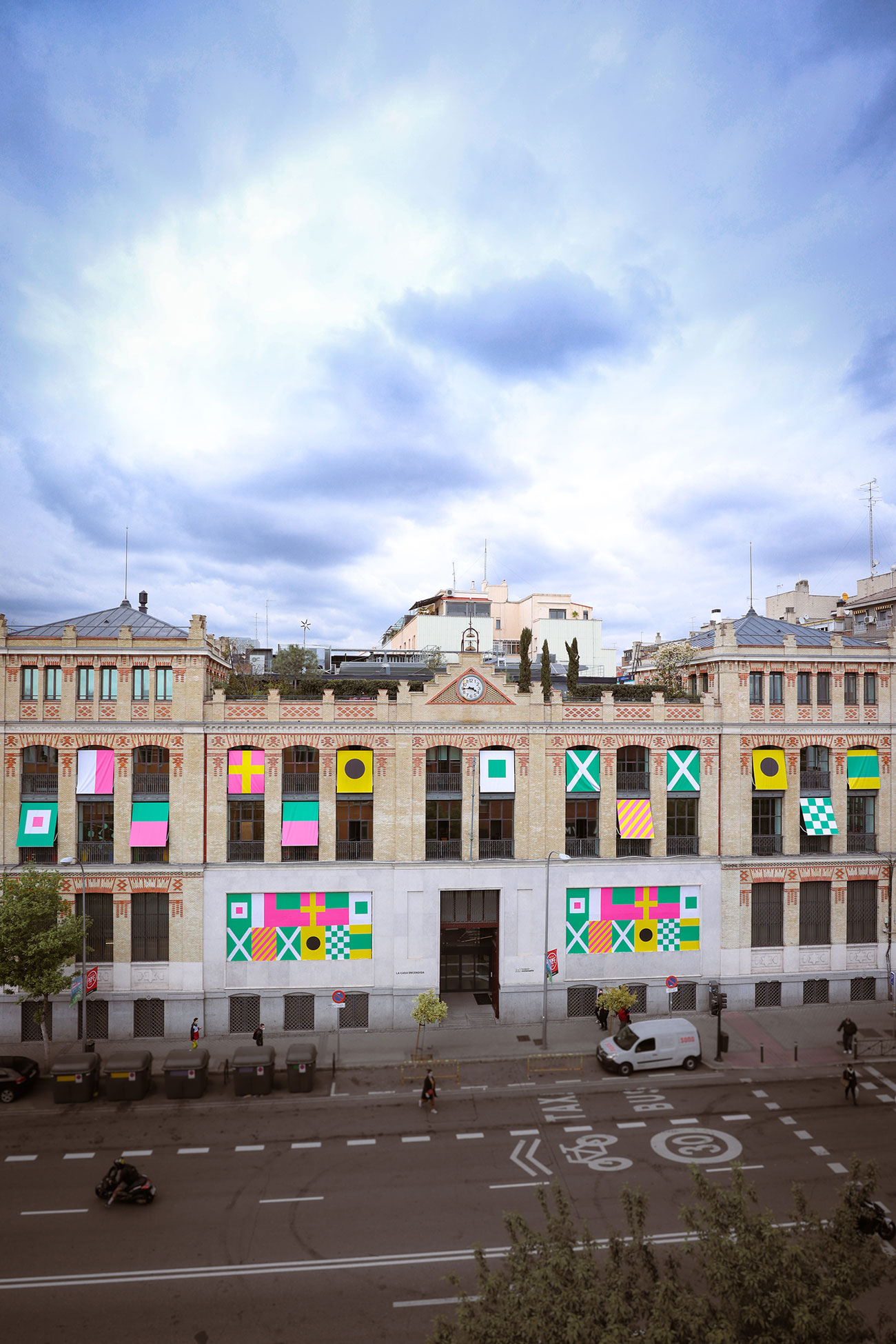Precious Strata

This cycle is aimed at creating a necessary awareness of geological reality as a primordial condition of our time. The audiovisual pieces that make up the four sessions look into the deep strata of our planet and explore, from different artistic and critical perspectives, the biochemical sedimentary structure of the Earth and its complex relations to the economy, politics and culture.
Rethinking geological reality is a key aspect to understanding the relationship between human and nonhuman agents within the contemporary context of the Anthropocene.
Capitalism and its voracious appetite for energy resources, raw materials and minerals is based on the logics of globalisation and presupposes the infinite and permanent availability of these resources and materials. Human agents seem to possess the incontestable right to extract resources from the earth and exploit the subsoil in the name of economic growth without measure. It is certainly a paradox that a great many of the materials the Earth supplies industry with (fossil fuels, silicon, copper, aluminium, gold, bauxite, nickel or uranium) are integrated into structures, machines and technological devices that are used to continue to perforate, dig out and extract materials from the bowels of the earth in a more efficient and optimised manner. The result is a circle of unsustainability that is blind to biological, economic and social imbalances.
In the face of this asymmetrical relationship between humans and the resources of nature, thinker Dipesh Chakrabarty puts forth the concept of the planetary. It is a change in the perception of the Earth that not only reveals the finite nature of the latter’s materials but also considers the deep strata of the planet as agents that are indispensable in the development of new policies and the management of new coexistences.
For decades we have internalised the image of the Earth as the “blue marble” that the astronauts of NASA photographed on 7 December 1972 from Apollo 17. An external vision, from space, whose very appellation announced its frailty and vulnerability. Overlaying the poetic transparency of the iconic crystal ball is the material solidity of the planet.
We need new epistemologies and a new mapping of that terra incognita that traces the sedimentary depths that have built up over millions of years and reveals how these have been modified by human actions.
Philosopher Bruno Latour warns of the imbalance that the human factor has introduced in the so-called critical zone: a fine layer of only a few miles in width that includes part of the subsoil and the atmosphere and houses all the biological activity of the Earth. A sensitive, reactive and fragile area whose ability for self-regulation and regeneration is at a clear disadvantage in the face of industrial exploitation of its resources.
The cycle’s four programmes address geological reality as a primordial condition of our time, from different critical perspectives: the magic and spirituality of tellurian forces; neo-extractivist and neocolonial processes; minerals and metals contained in the electronic devices that support our digital culture; and speculative and feminist narratives that imagine futures of conciliation and responsibility.
Curator: María Morata, as a part of the project Speculative Geologies: Rocks, Policies and Other Stratifications, developed by the Institute for Postnatural Studies.
María Morata (Madrid, 1970) has curated artistic projects and audiovisual programmes for different museums, festivals and art institutions (Arsenal-Institut for Film and Videoart, in Berlin; CCCB, MACBA and Centre Ars Santa Mònica, in Barcelona; Intermediae Matadero and La Casa Encendida, in Madrid; Centre del Carme Cultura Contemporánia, in Valencia; or Steirischer Herbst, Graz, Impakt Festival, in Utrecht). She teaches film and video art at different universities. She is a member of the selection committee of different international festivals and her areas of specialisation are experimental film and contemporary audiovisual practices. Her current field of research focuses on the relationship between media technology and human and nonhuman agents in the theoretical context of the criticism of anthropocentrism, and she collaborates on several projects at the Institute for Postnatural Studies in Madrid. She lives and works in Berlin.
The Institute for Postnatural Studies is an art experimentation centre in which to explore and problematise postnature as a framework for contemporary creation. Founded in 2020, it is a platform for critical thought, a place on the web where artists and researchers who are concerned about the issues of the global ecological crisis can come together, sharing experimental formats of exchange and production of open knowledge. The team includes a group of artists, designers, architects, researchers and thinkers of different disciplines who have a common interest in postnature as a framework for exploring new forms of understanding the global climate crisis and facing up to it.
